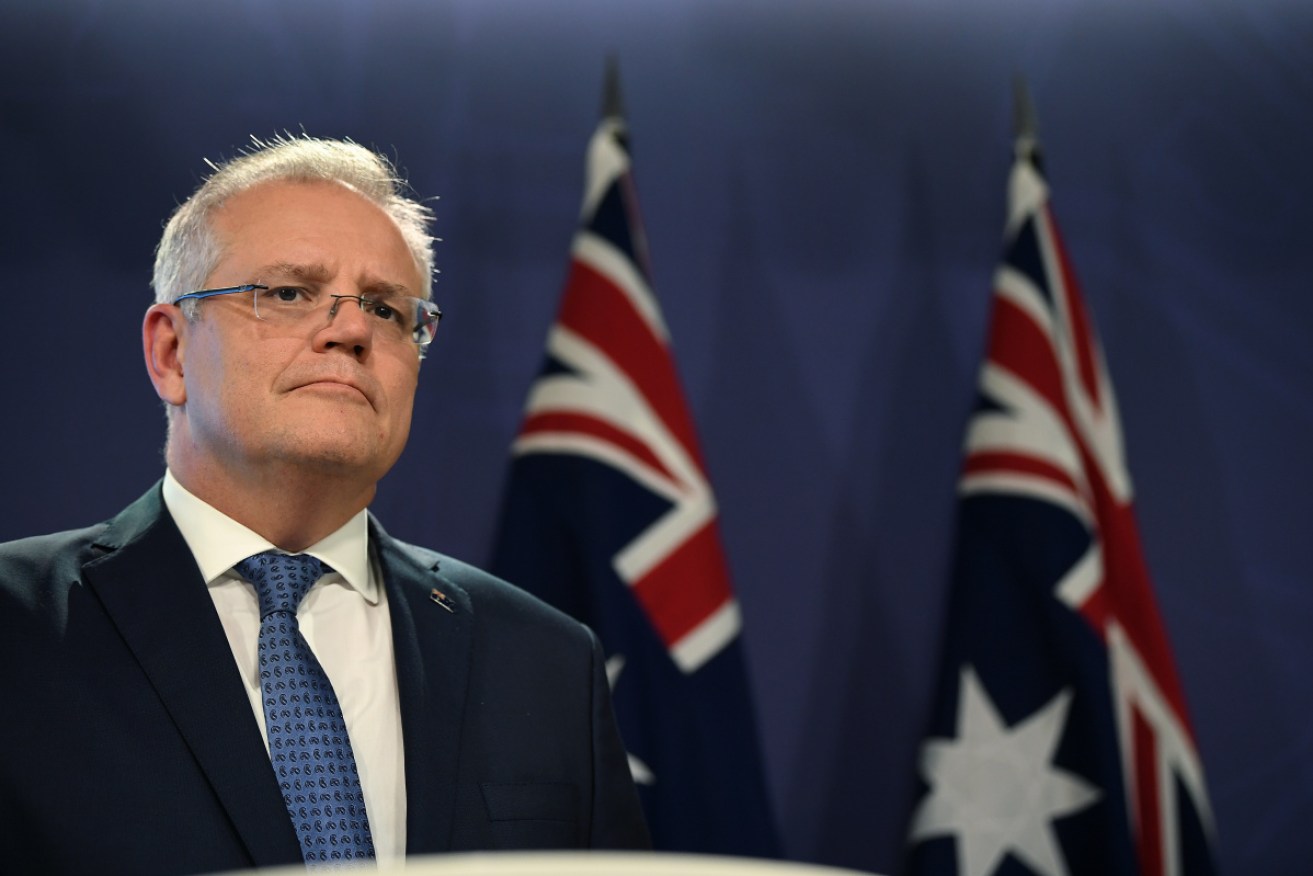Canberra under pressure to announce stimulus package amid warnings from OECD


The federal government is under pressure to do more for the economy. Photo: TND
As the dust settles on the Reserve Bank’s decision to drop interest rates to a record low, pressure is building on the federal government to announce its stimulus package.
The travel ban on foreign nationals travelling from mainland China is costing the tourism and education sector billions of dollars in lost revenue.
A large jump in the number of infections outside China has rattled global sharemarkets.
And calls for ever-larger groups of Australians to voluntarily self-quarantine will weigh on spending at a time when nervy consumers had already closed their wallets in favour of paying off debt.
The challenges facing the economy are so grave that the OECD said in a special report on Monday that even a “mild and contained” outbreak would knock off half a percentage point from Australia’s annual economic output.
Most economists consequently believe the federal government must announce a stimulus package to help Australia weather the financial storm.
But opinion is split on what form that stimulus should take.
Tweet from @TheAusInstitute
Prime Minister Scott Morrison said on Tuesday the government was working closely with Treasury to develop a “targeted”, “measured”, and “scalable plan”.
In a thinly veiled swipe at Labor’s response to the global financial crisis, he said the government would not “make the same mistakes of previous stimulus measures”.
But Indeed APAC economist Callam Pickering said there was no time for the government to put through a targeted package “as the risks to the global economy right now are unravelling quite quickly”.
“It’s a little bit like the global financial crisis. When that dropped, the Labor government had to react quite quickly,” Mr Pickering said.
“And they probably overspent and there were probably a few programs that didn’t quite work the way they would have liked, but had they waited, the situation would have inevitably become much worse.”
Among other things, Mr Pickering suggested bringing forward the next round of tax cuts and increasing the Newstart allowance to boost consumer spending.
“I don’t think we have the time to wait as this could very easily get away from the government,” he said.
But not everyone agrees.
IFM Investors chief economist Alex Joiner told The New Daily a similar cash handout to the one provided in the wake of the GFC would be ill-advised as customers had shown a reluctance to spend last year’s tax cuts.
Tweet from @Paul_KeatingPM
Dr Joiner said the government should instead provide direct assistance to firms affected by the virus to minimise job losses.
“Some tax relief, accelerated depreciation – these types of things would help businesses in terms of managing their costs and their workforces,” Dr Joiner said.
“So something targeted at the business sector in terms of how we can keep as many jobs intact as possible.”
Risk of recession
Independent economist Saul Eslake told The New Daily the government was somewhat justified in its targeted approach as the virus had not yet led to “an economy-wide downturn”.
But he said persistent weakness in the economy before the coronavirus outbreak had already made the case for more government spending.
Targeted measures were the best way of preventing weakness in virus-affected industries from triggering a vicious cycle of declining spending and higher unemployment, he said.
But the government should do more to help the economy over the long term, as unemployment is rising and annual wages growth is stuck at just 2.2 per cent.
“The case that Reserve Bank governor Philip Lowe had been making was for infrastructure spending, which is at a high level but with a slowing rate of growth, and even things like increasing the Newstart allowance, which is very likely to be spent,” said Mr Eslake, adding that these policies should still be on the table.
The point here is that an economy that is growing more slowly is more vulnerable to shocks.’’
Most economists now expect the Australian economy to contract over the first three months of 2020.
Mr Eslake suggested it was “plausible” that the economy would enter a technical recession in the second quarter.
“And depending on how that’s discussed, that can create its own negative momentum, as well,” he said.








